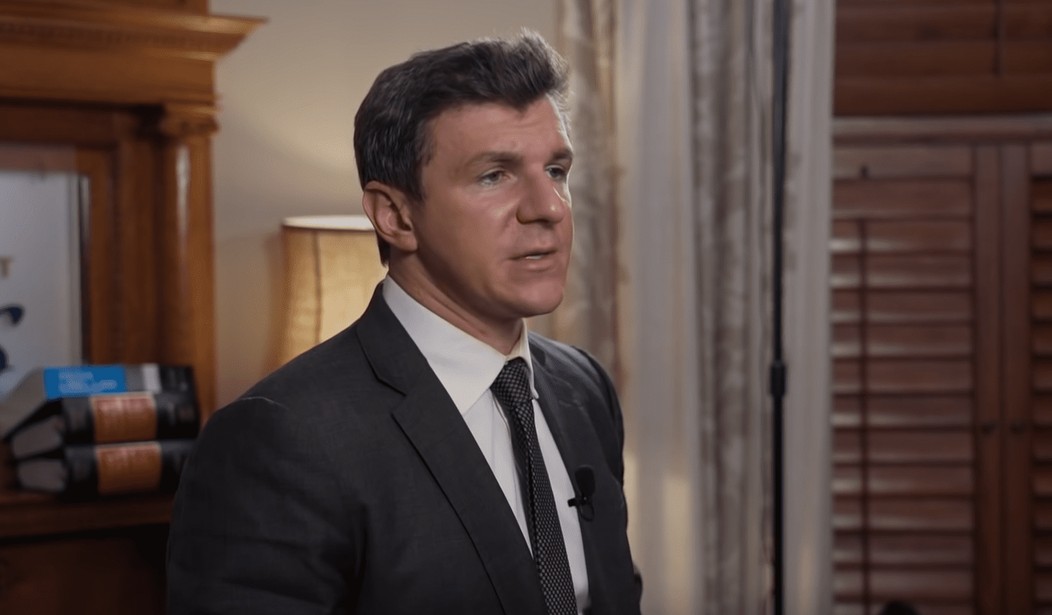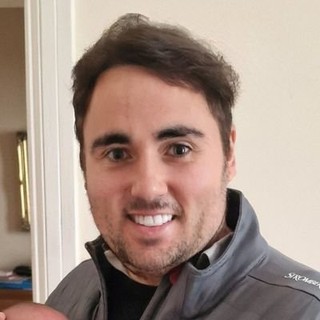A federal judge has overturned an Oregon law that criminalizes the recording of someone without their consent on the grounds that it violates the First Amendment.
In a 2-1 ruling by a Ninth Circuit panel, Judge Sandra Ikuta declared Oregon law 165.540 unconstitutional because the state does not have an obligation to protect people’s privacy in public places.
First passed in 1955, the law was later expanded to include the secret recording of conversations. It does, however, contain exceptions for law enforcement and other specific interest groups.
The ruling states:
In general, the government does not have a compelling interest in protecting individual privacy against unwanted communications (including the “speech” comprised of recording others) in areas open to the public unless the audience’s “substantial privacy interests are being invaded in an essentially intolerable manner.”
Judge Ikuta goes on to write that the law “burdens more protected speech than is necessary to achieve its stated interest”:
The law regulates protected speech to avoid impinging on people’s conversational privacy. But in public places, speech does not intrude on privacy unless it intrudes in “an essentially intolerable manner.” See Berger, 569 F.3d at 1056 (holding that a statute prohibiting “passive and unthreatening acts” such as offering a handbill or displaying a sign, even if the communications were unwanted, was not narrowly tailored under intermediate scrutiny).
As the Supreme Court has explained, “it is difficult, indeed, to justify a prohibition on all uninvited approaches . . . regardless of how peaceful the contact may be, without burdening more speech than necessary to prevent intimidation.”
Writing in her dissent, Judge Morgan Christen argued the law should be upheld because the state “has a significant interest in preventing the secret recording of private conversations even when those conversations occur in public or semi-public locations.”
The case was first brought by the investigative organization Project Veritas, which routinely uses undercover recordings to expose left-wing activists abusing their power to push political agendas. They were concerned that the law could lead to criminal charges against their journalists and also pointed out that individuals have previously refused to speak when made aware they were being recorded.
Lawyers for Project Veritas added that the law prevents them from conducting investigations in Oregon about the conduct of public officials and the skyrocketing crime rates.
The group’s lead attorney, Benjamin Barr, celebrated the ruling in a statement:
We are thrilled that the Ninth Circuit invalidated Oregon’s suppression of newsgathering today. Realizing the law had nothing to do with protecting privacy and everything to do with the suppression of undercover journalism, the Ninth Circuit facially invalidated the law.
This ruling helps citizen journalists throughout the state be able to gather high-value information and report upon it to the public without fear of criminal sanctions by Oregon. As it stands in other areas of the law, whatever one shares in public cannot be deemed private, and recording laws that punish this sort of newsgathering should fall by the wayside.
Project Veritas’s former CEO James O’Keefe, who left the organization in acrimonious circumstances earlier this year, previously said that the law allowed the government to “distort the newsgathering process” and prevented them from carrying out “effective journalism.”
Oregon is one of five states (Alaska, Kentucky, Massachusetts, and Montana) with a consent rule applying to public spaces. Many other states, including California and Florida, also have two-party consent rules that do not extend beyond private settings.















Join the conversation as a VIP Member